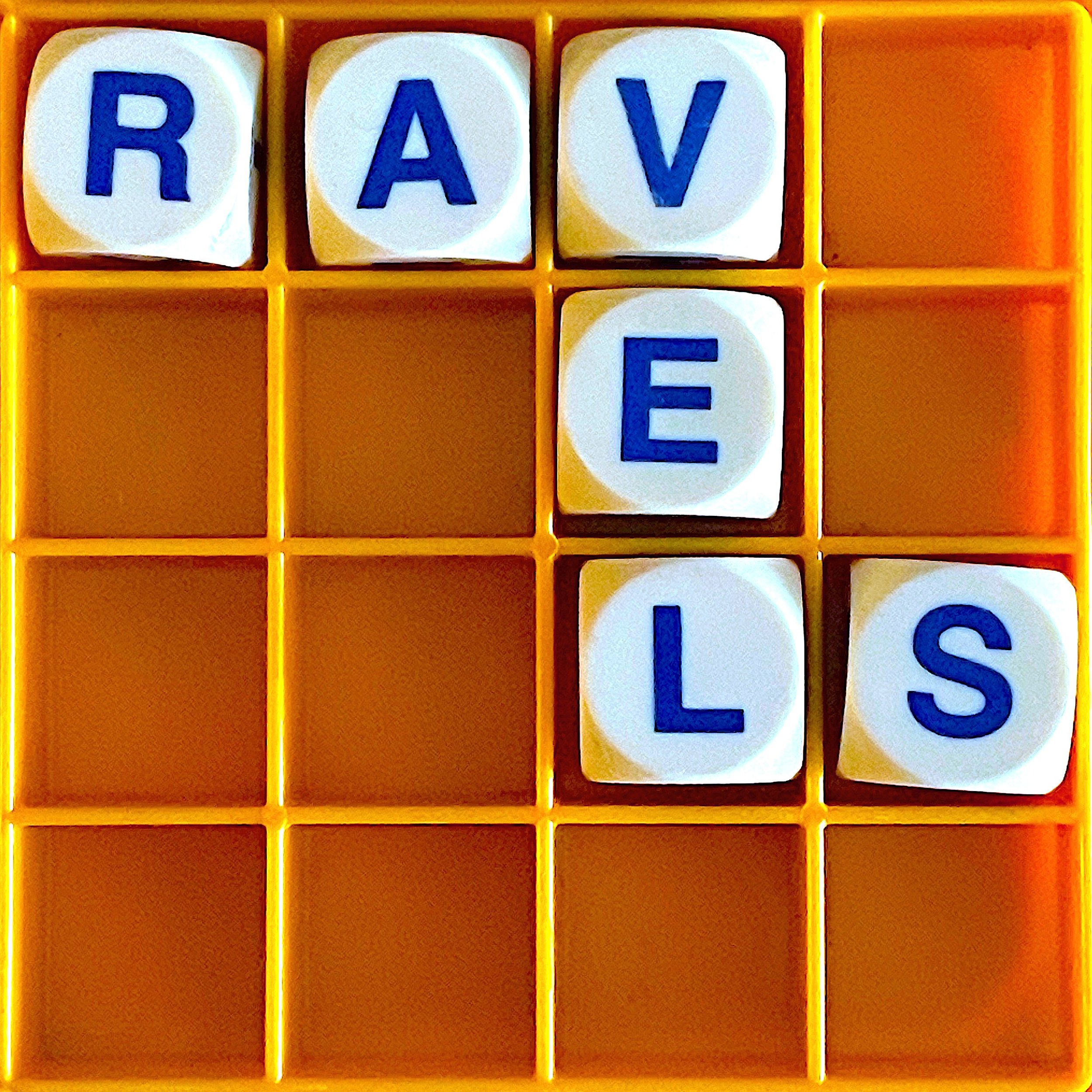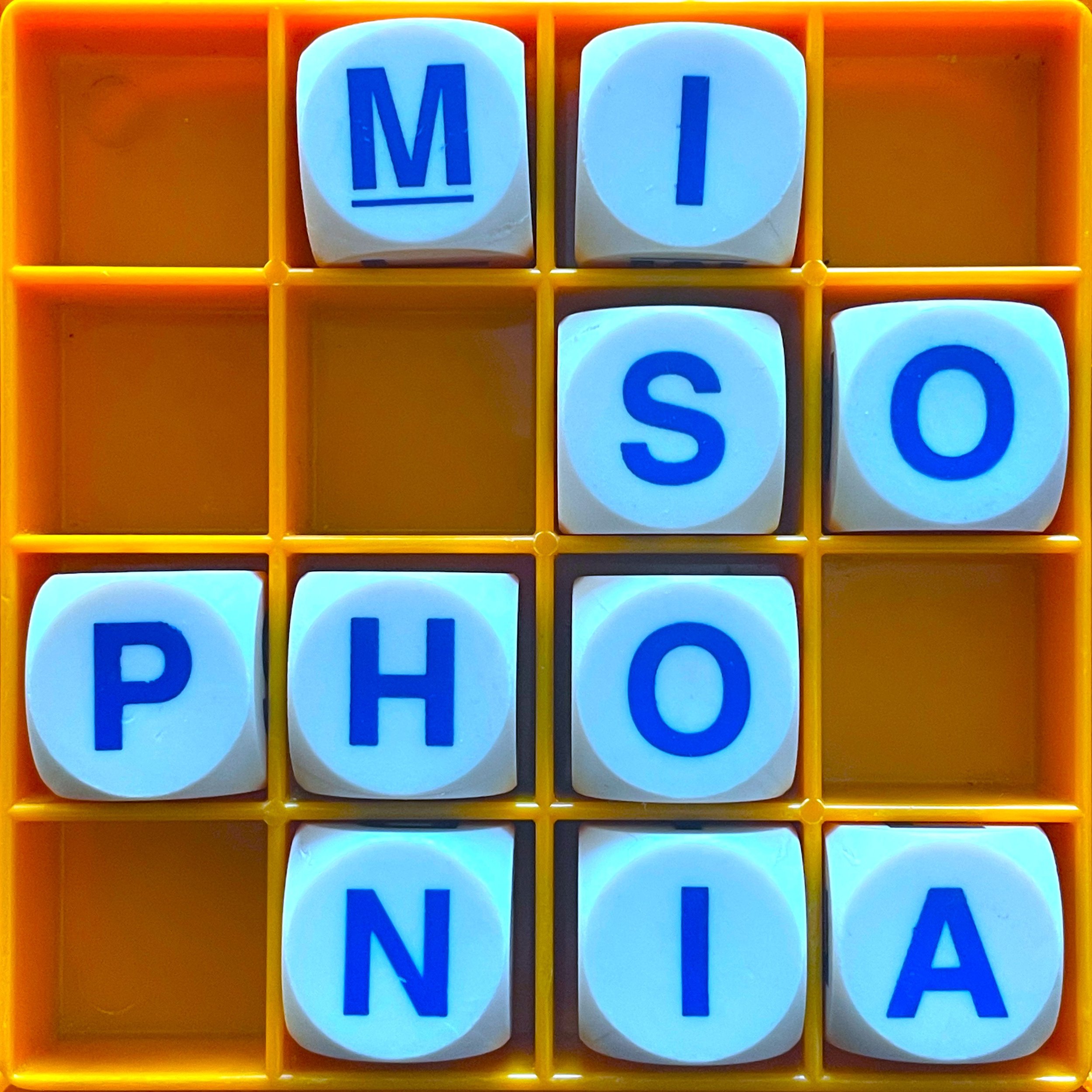MIRIAM FELTON: No; I think, as with most of these things, they're just named after people. The people themselves don't really have much association with it. Like the Earl of Cardigan didn't ever wear a cardigan as far as we know.
HZ: What? What?? I assumed that he was out there on the battlefields in a cardigan.
MIRIAM FELTON: Like a nice fair isle one with all the stranded colour work? That would have been awesome.
HZ: Just some kind of frontally divided knitted garment. But no?
MIRIAM FELTON: No.
HZ: What?!
MIRIAM FELTON: Not as far as we have any evidence.
Allusionist 184 Misophonia transcript
JANE GREGORY: Misophonia is an extreme reaction to certain sounds and not an aversion to all sounds, but an extreme reaction to specific sounds. And the most common sounds are eating and heavy breathing and kind of repetitive sniffing and coughing and things like that. Which are also sounds that most people don't like the sound of, but people with misophonia will get a much more intense reaction, so it might be more like a fight or flight kind of response, a feeling of anger or panic as opposed to feeling annoyed or irritated or disgusted by the sound. And there's a bit more to it in terms of what goes on around the sounds as well. So it might be feeling trapped or helpless when they can't get away from these sounds. It might be listening out for sounds, even when there aren't any, or continuing to listen to see if the sound is still going, even if it's stopped. And doing things to organize your life around sounds or to cope with sounds. when they happen. So most people who don't like a sound will just deal with it. For people with misophonia, they have to do things to not be able to hear it or to be able to cope with their reactions to it.
HZ: Rather than just grimacing.
JANE GREGORY: Exactly. I mean, there's also some grimacing, but probably also some glaring.


